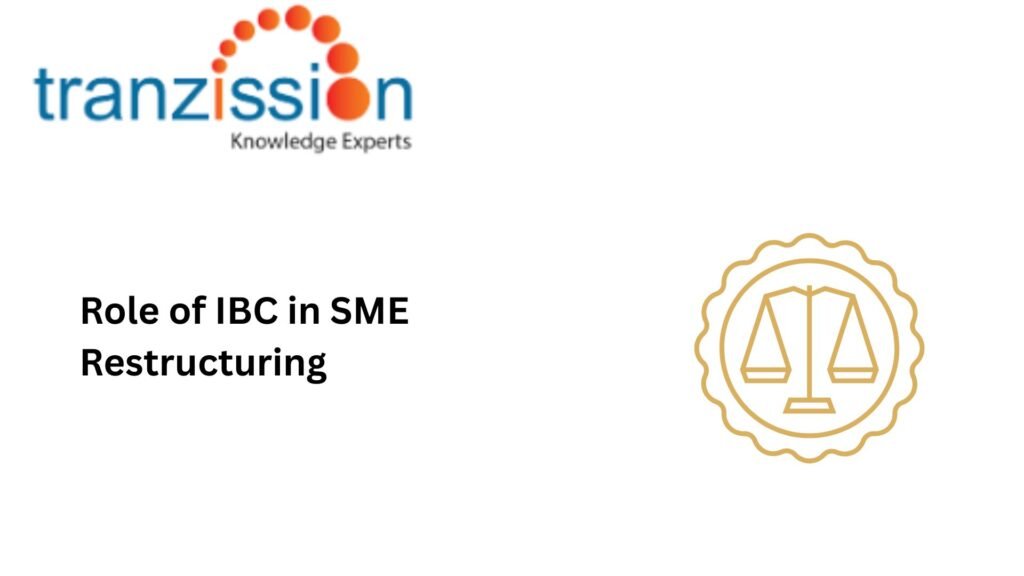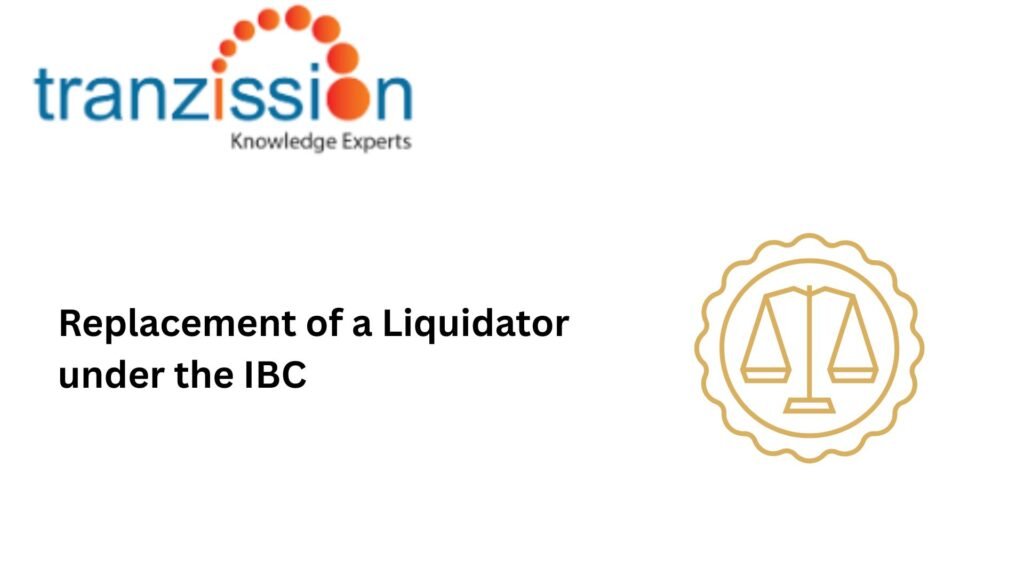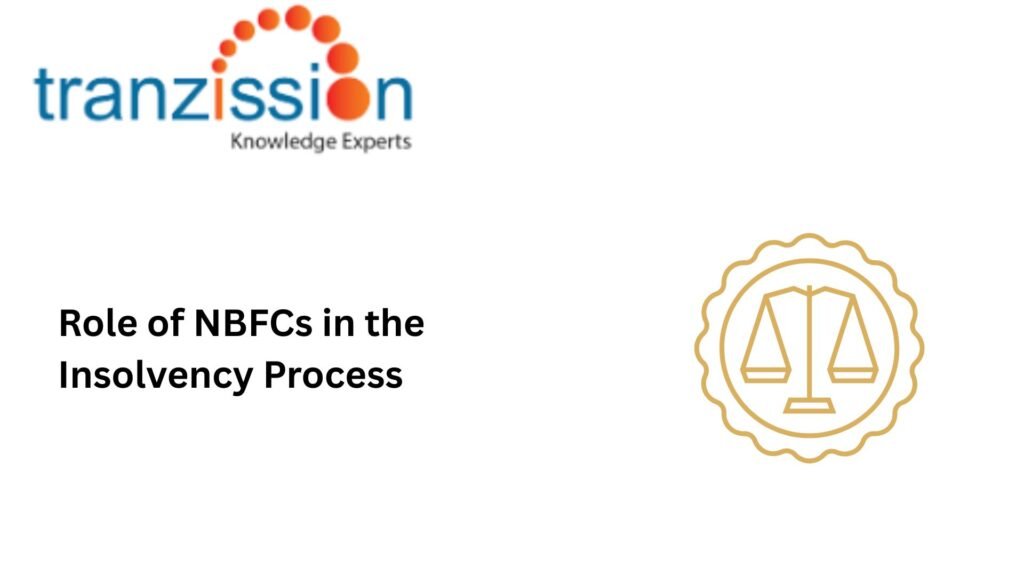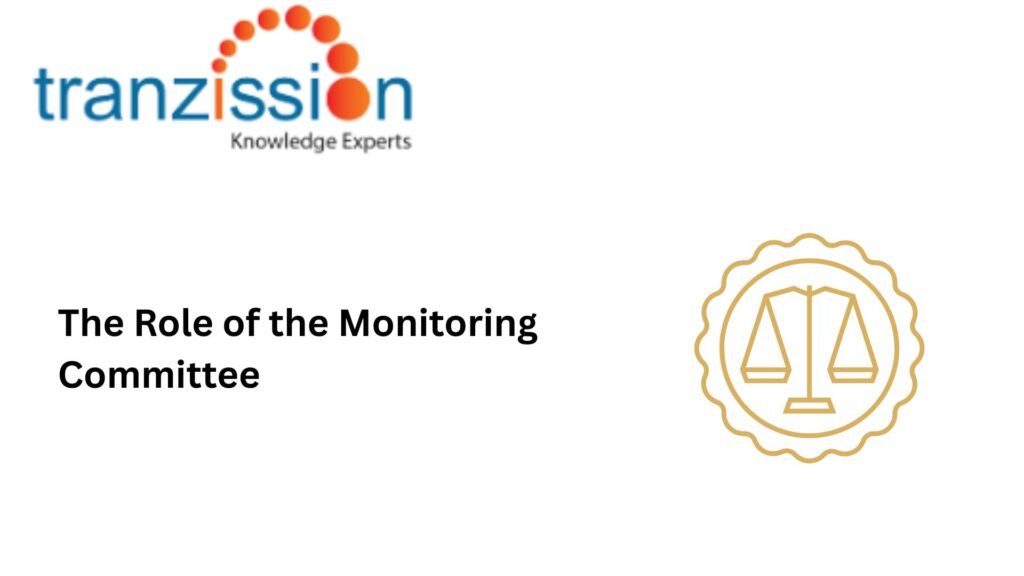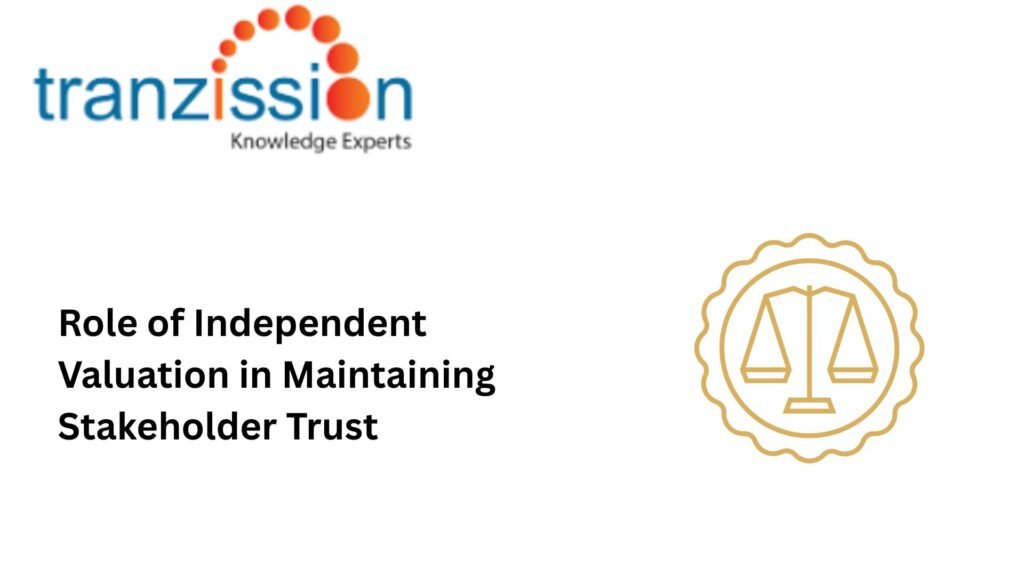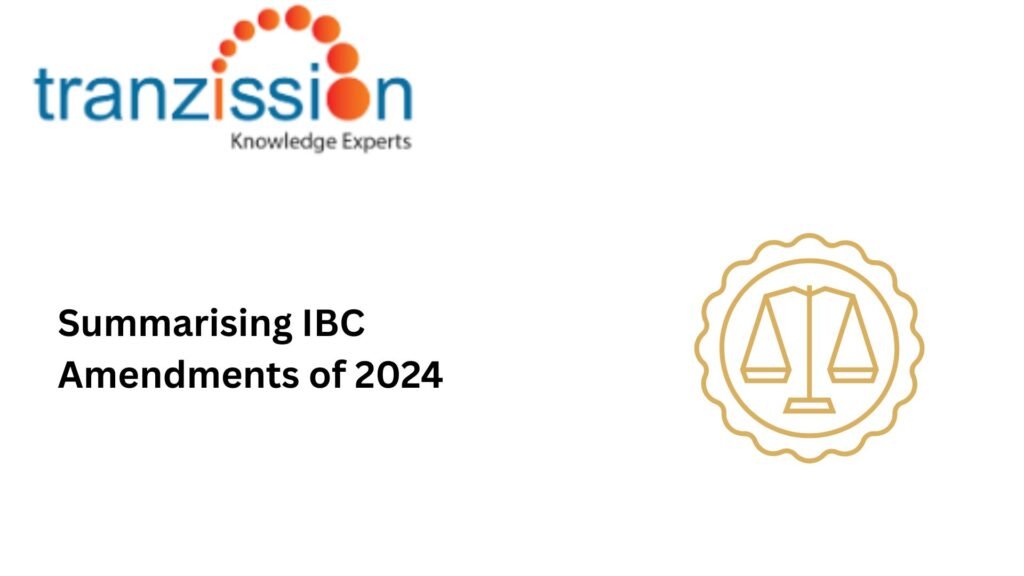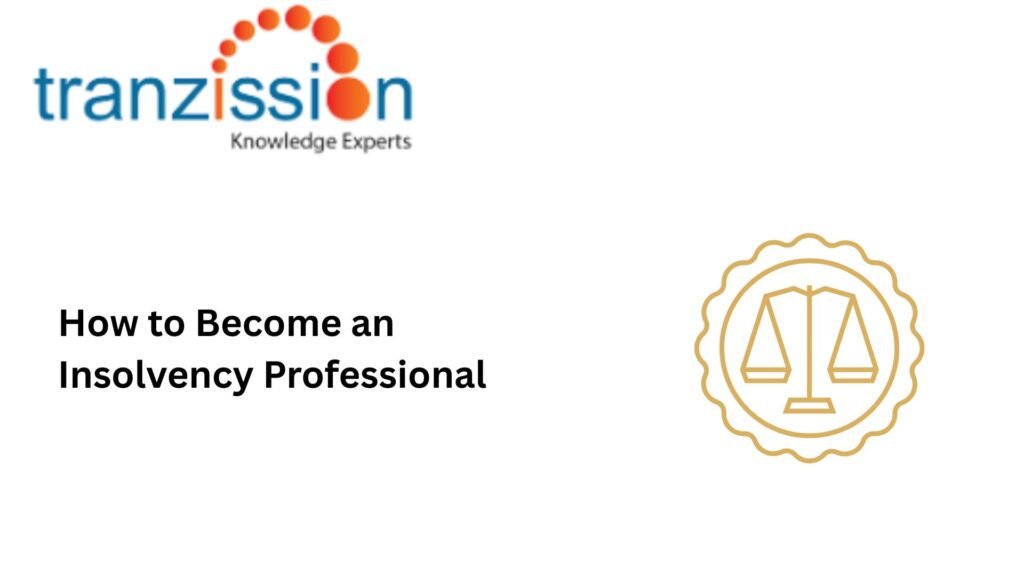Uncategorized
The Insolvency and Bankruptcy Code, 2016 (IBC) provides a comprehensive framework for resolving the financial struggles of companies. Micro, Small, and Medium Enterprises (MSMEs) have unique challenges when facing financial distress which can be addressed under the IBC in SME Restructuring. There are specific provisions tailored for the resolution process of MSMEs. This article explores […]
As per the Insolvency and Bankruptcy Board of India (Liquidation Process) (Second Amendment) Regulations, 2016, the IBBI introduced an amendment which allowed the Stakeholders’ Consultation Committee (SCC) to propose the Replacement of a Liquidator and file an application with the Adjudicating Authority, the National Company Law Tribunal (NCLT). Legal Framework for Liquidator Replacement Under IBC […]
Non-Banking Financial Companies (NBFCs) are financial institutions that provide financial services like lending, leasing, and insurance, but they do not have a full banking license. They operate without the full regulatory oversight of a bank, offering a range of financial products and services similar to banks but without accepting deposits from the general public. Similar […]
The Insolvency and Bankruptcy Board of India (IBBI) had on 19th November 2024 issued a discussion paper on the Role of the Monitoring Committee under CIRP. highlighting the need to strengthen the regulatory framework governing Role of the Monitoring Committee under the Insolvency and Bankruptcy Code, 2016 (IBC). This paper elaborated on the duties and […]
There are several stakeholders involved in the insolvency proceedings, the corporate debtor, its creditors, insolvency professionals, etc. When Role of Independent Valuation in stakeholders have confidence in the proceedings under the Insolvency and Bankruptcy Code, 2016 (IBC) is necessary for consistent, transparency communication, and demonstrating shared values is crucial for strong relationships. Building trust will […]
The Insolvency and Bankruptcy Code, 2016 (IBC) aims to replace the patchwork of previous insolvency laws with a single, unified framework. Since 2016, Summarising IBC Amendments of 2024 and its rules or regulations primarily focused on streamlining processes, particularly in liquidation, increasing accountability, and addressing issues related to financial service providers (FSPs) and insolvency professional […]
Become an Insolvency Professional in India is a structured and rigorous process, involving several steps that test the candidate’s knowledge, ethical standards, and practical abilities. This document provides a comprehensive guide on how to navigate these steps and establish a career as a certified insolvency professional. Understand the Role and Responsibilities An insolvency professional (IP) […]
When preparing reports under Section 99 of the IBC, Insolvency Professionals must adhere to crucial guidelines. These guidelines are critical to avoid significant compliance repercussions, recognizing the heavy responsibility vested in IPs by lawmakers. A thorough, factually complete report is necessary, as it not only aids the court and conserves judicial time but also underpins […]
Do’s and Don’ts for Resolution Professionals Filing Application under Section 95 of IBC Do’s 1. Ensure Accurate and Complete Facts: a. Do state all facts correctly and based on documentary evidence when filing an application on behalf of any creditor under Section 95. b. Do take an undertaking from the creditor that no information has been withheld […]
Insolvency Professionals in India play a crucial role in resolving distressed assets and reviving financially troubled entities. Staying updated with the latest legal developments, regulatory changes, and industry best practices is essential for their success. Here is a comprehensive guide to the most important websites that IPs should visit regularly. 1. Insolvency and Bankruptcy Board […]

